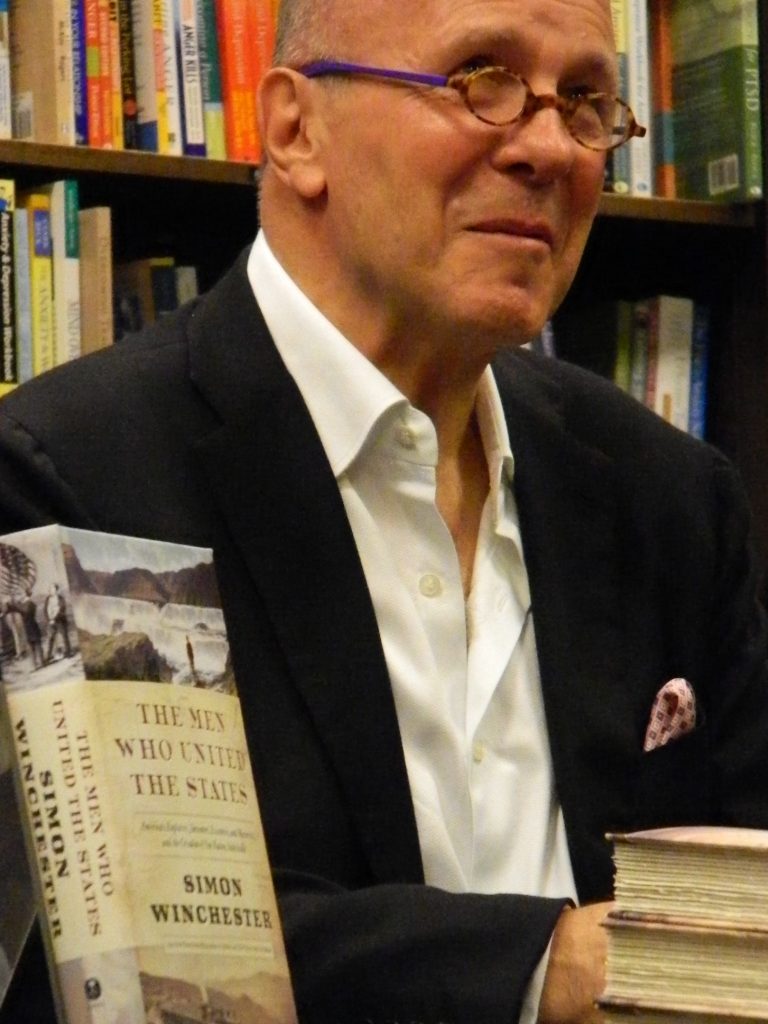
On Independence Day, the Fourth of July, most of the attention is paid to the men who founded the United States of America, and rightfully so.
The actual process of uniting the states didn’t end with the Declaration of Independence. Indeed, it was just beginning.
Actually creating a single nation out of multiple independent states required an infrastructure in addition to a political statement. And that has taken more than two centuries.
In his 2013 book The Men Who United the States, journalists Simon Winchester took a deeper dive into the stories of innovations as diverse as the telegraph, the interstate highway system, and the internet.
And perhaps the irony Is that Winchester was born in the very nation from whom we declared our independence.
So here now, from 2013, Simon Winchester.
You may also like these episodes:
Richard ShenkmanDoris Kearns Goodwin
Buy Books / Media from Amazon
